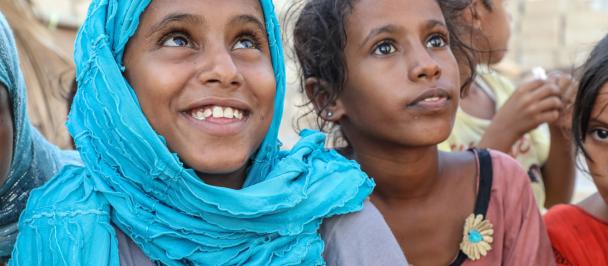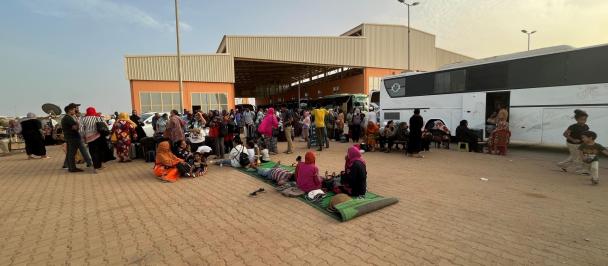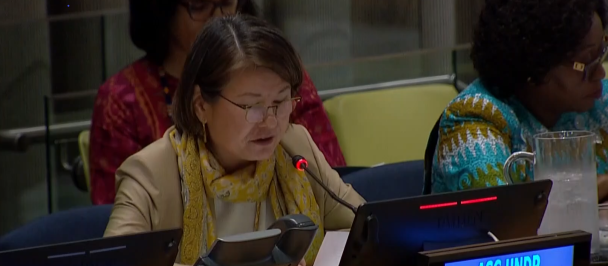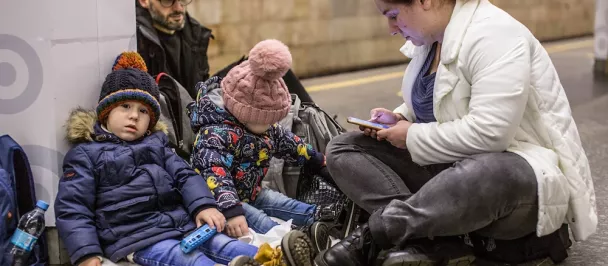Excellencies, former Madame High Commissioner, distinguished fellow panellists, ladies and gentlemen,
UNDP feels privileged to be invited to this important meeting. I would focus my intervention on practical experiences, tools and fora that promote synergies between human rights and Agenda 2030. As many have referred to, the Danish Institute for Human Rights made linkages between SDGs and Human Rights. Out of 169 targets, more than 90% are linked to the human rights framework. Promoting SDGs enhances human rights and promoting and protecting human rights helps to achieve SDGs.
SDGs guide UNDPs policy and programme work. We help countries integrate SDGs into their national development plans and policies and support countries in coordination with UNCTs to prepare their Voluntary National Reviews (VNRs). So far, since 2016, 65 countries have been given technical support and seed funding. Focus has been on multi-stakeholder engagement, inclusivity, and empowerment of national stakeholders for SDG follow up and review.
In October 2018, High Level Political Forum (HLPF) Task Team was established to advance substantive preparation for the 2019 HLPF and UNDP Administrator is co-chairing the TT together with DESA. UNDP intends to vamp up support this year to a record number of countries for their voluntary national reviews. Currently, funding is confirmed for VNR processes in 5 countries in fragile settings and we are seeking funding to support more.
SDGs require an integrated approach. Goals are interrelated, however in terms of Human Rights and Rule of Law, Goal 16 on Just, Peaceful and Inclusive Societies is of particular importance. We consider SDG16 to be an enabler and accelerator across Agenda 2030. UNDP has been supporting SDG16 implementation and monitoring in over 20 countries.
In 2018, we launched the Rule of Law and Human Rights 2030 Agenda Acceleration Initiative to provide programmatic support on SDG16 particularly in crisis affected countries. In 2019 we are supporting 10 countries through this initiative.
In the lead up to HLPF2019 where Goal16 is to be reviewed; UNDP is supporting a series of activities as a co-facilitator of the Global Alliance for Reporting Progress on Peaceful, Just and Inclusive Societies. This Alliance is a coordinating platform for UN Member States, the private sector, civil society and international entities to work together and leverage the reporting framework. This provides needed assistance to Member States to achieve and report measurable progress towards peace, justice and inclusion.
UNDP has organized a number of technical consultations, which have brought together multi-stakeholder constituencies to decide how to address bottlenecks and to further make progress. The one which took place in Cabe Verde in November 2018, jointly organized with OHCHR, was particularly fruitful. It gathered national focal points for SDG implementation and reporting together with those for human rights reporting in Portuguese speaking countries. The event reaffirmed that the 2030 Agenda and human rights are mutually reinforcing and also the need for bringing together the planning capacities of those working on human rights and the SDGs.
It is evident that there are clear linkages between human rights processes and mechanisms, and SDG implementation and we need to enhance cooperation between them. For instance, the Universal Periodic Review process. With the 3rd cycle of the UPR underway, the UPR process should be more systematically used in national integrated SDG planning and localization strategies. Vice versa, Voluntary National Reviews on SDG progress should refer to all areas on the recommendations emerging out of the HR mechanisms and processes.
Last but not least, I would like to point out the critical importance of supporting the strengthening of national system of human rights, including National Human Rights Institutions.
UNDP mainstreams human rights in all our programmes and policies and has supported these important bodies in over 90 countries.
As opposed to OHCHR, UNDP does not have a monitoring and protection mandate in relation to human rights. Rather, we work to strengthen Member State’s capacity to meet the human rights obligations and for their citizens to be empowered so that they can claim their rights.
We have a Tri-Partite Partnership with OHCHR and the Global Alliance for NHRI (GANHRI). We must recall that well-functioning and strongly capacitated national human rights institutions are part of the indicator for achievement of SDG16.
In the lead up to HLPF this year, the Global Alliance for Reporting Progress on Peaceful, Just and Inclusive Societies will compile a SDG16+ Report, which will develop case studies submitted by UN Country Teams on the examples of how SDG16 is being implemented at country level.
To date, 27 UNCTs have submitted an expression of interest in showcasing how their countries have approached implementation, monitoring and reporting of SDG16+ and shared the emerging good practices, challenges and lessons. We are hoping that this will further serve to shape the messages to the HLPF.

 Locations
Locations




